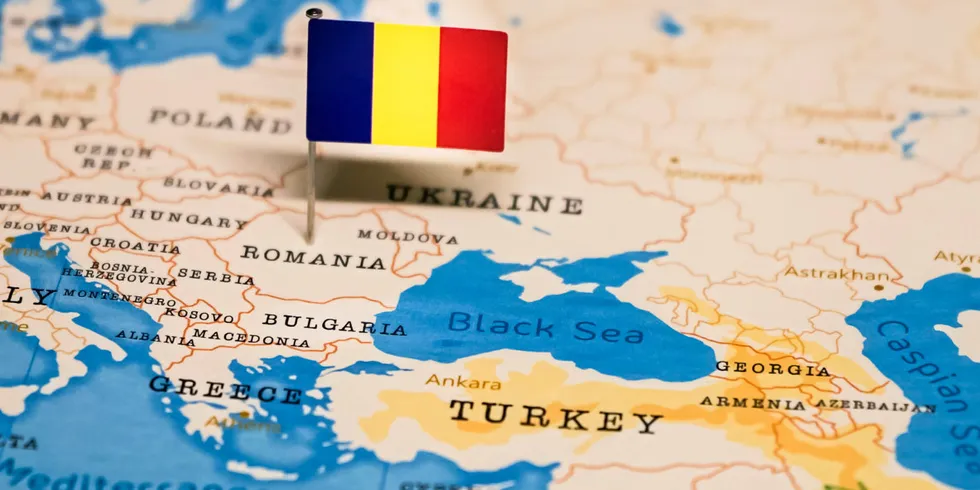'Turn our back on Russian energy': EU eyes Black Sea and Caspian green power link
Bloc and national leaders say project would open new route for renewable power from areas with significant offshore wind plans

Bloc and national leaders say project would open new route for renewable power from areas with significant offshore wind plans
